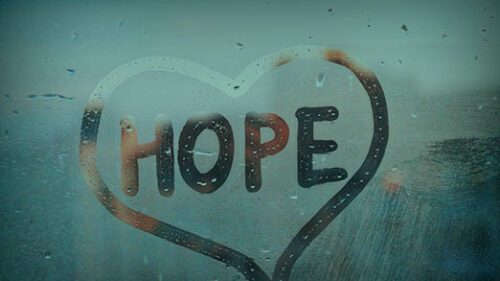The year 2020 has been one of endless and unforeseen challenges. For many, it’s been filled with anxiety, stress, loss, and even grief, and for all, there was a growing awareness of the need for society to better address justice and equity. With all of that, I think there is one thing we can all agree on — 2020 cannot end soon enough despite the continuing uncertainty awaiting in 2021.
But, before we get to 2021, we have to make it through the holiday season, and that can be tough for some. Allow me to explain.
Stress, Anxiety, and Loneliness During the Holidays
In so-called “normal” times, the holiday season is filled with a festive spirit and busy, scurrying activity. The advent of the holiday season ordinarily brings feelings of desires, belief, fulfillment of expectations, and anticipation of fresh starts.
That being said, I also recognize that many people experience increased stress or loneliness. Stress is a normal and expected response to changes in circumstances. Learning how to cope with life’s challenges requires practice.
So, if you find yourself in this situation, some of the best ways you can overcome stress are:
- Acknowledging the source of the stress and adapting to it
- Maintaining an attitude of gratitude and seeking the positives or “silver linings” positive in every experience
- Being optimistic. This is proven to make you more resilient and able to overcome stress and adversity.
- Volunteering and doing acts of service for others is a way to feel good by caring for others
- Engaging in self-care practices to restore balance between physical and emotional wellbeing
That last one is what I want to talk a little more about.
The Importance of Self-Care
Too many people believe self-care practices are an indulgence, but they are a necessity. Too often, we wait until we’re near the breaking point before we remember to practice self-care. Self-care practices are like preventive maintenance that keeps our bodies, minds, and emotions working smoothly. In reality, self-care is best when we’re disciplined, and these practices become ingrained personal habits.
Some of my favorite and reliable self-care practices include:
| Reading | Watching TV/movies | Cooking |
| Exercise | Napping/resting | Healthy snacking |
| Outdoor activities | Volunteering | Deep breathing/mediation |
| Chatting with friends | Listening to music | Hobbies |
| Acts of kindness | Crafts | Playing cards or board games |
When It All Becomes Too Much
I do understand, though, there are times when stress or loneliness starts to overwhelm. Please know you’re not alone. Help is only a smart phone away. On top of talking with friends and family, there are many other avenues to help, including these two options: text HELP to 741741 to reach the Crisis Text Line or call (800) 273-8255 to connect with the National Suicide Prevention Lifeline.
The Powerful Nature of ‘Hope’
There is wisdom in the words of American Essayist Alexander Pope that “Hope springs eternal.” Hope is a powerful feeling of optimism that helps us find comfort, peace, and inner strength when faced with adversity. Hope underpins resilience, which is how we adapt to stress and learn how to bend but not break when facing challenges.
Hope is a powerful force, and I want to end this blog with three of my favorite quotes that help reframe why I remain hopeful and optimistic:
“Hope is being able to see that there is light despite all of the darkness.” — Desmond Tutu
“Carve a tunnel of hope through the dark mountain of disappointment.” — Martin Luther King, Jr.
“Learn from yesterday, live for today, hope for tomorrow.” — Albert Einstein
So, this New Year’s Eve when we hear and sing along to the classic “Auld Lang Syne,” let’s toast to the hope of the New Year.
And remember, if you find yourself feeling “hopeless,” help is just a phone call away.







